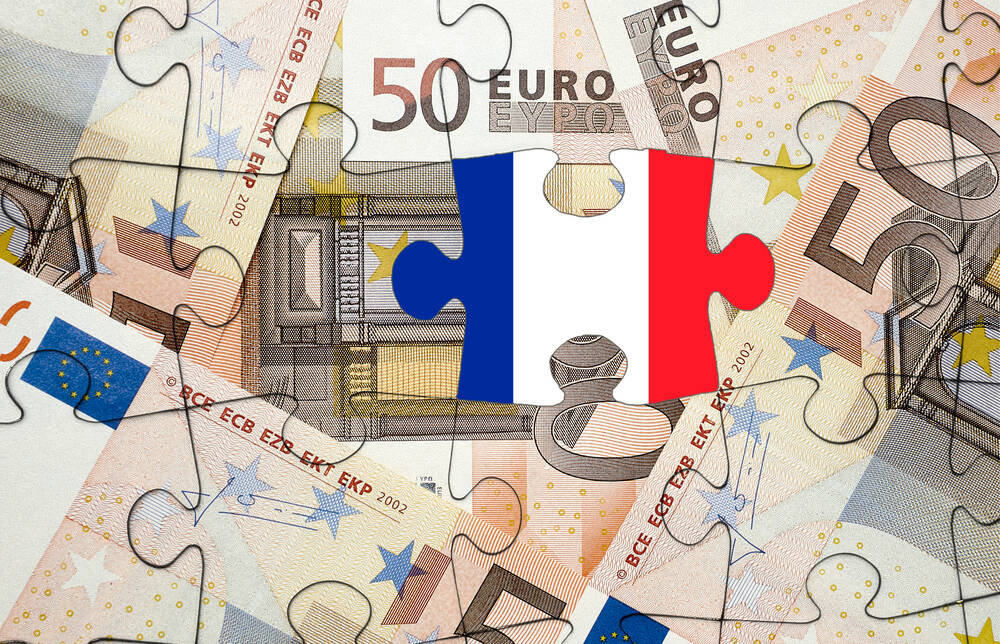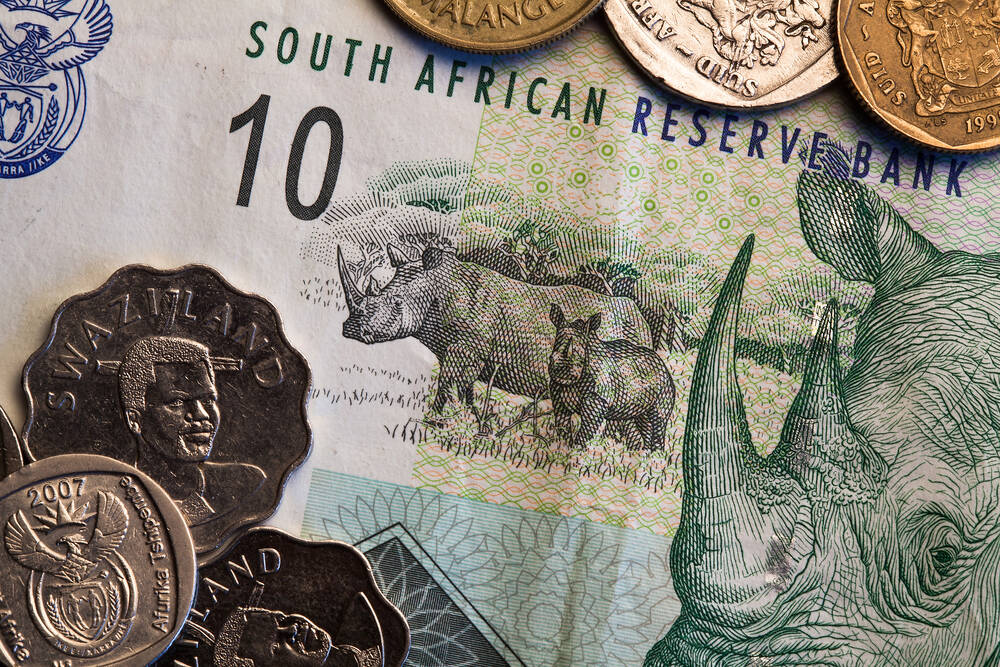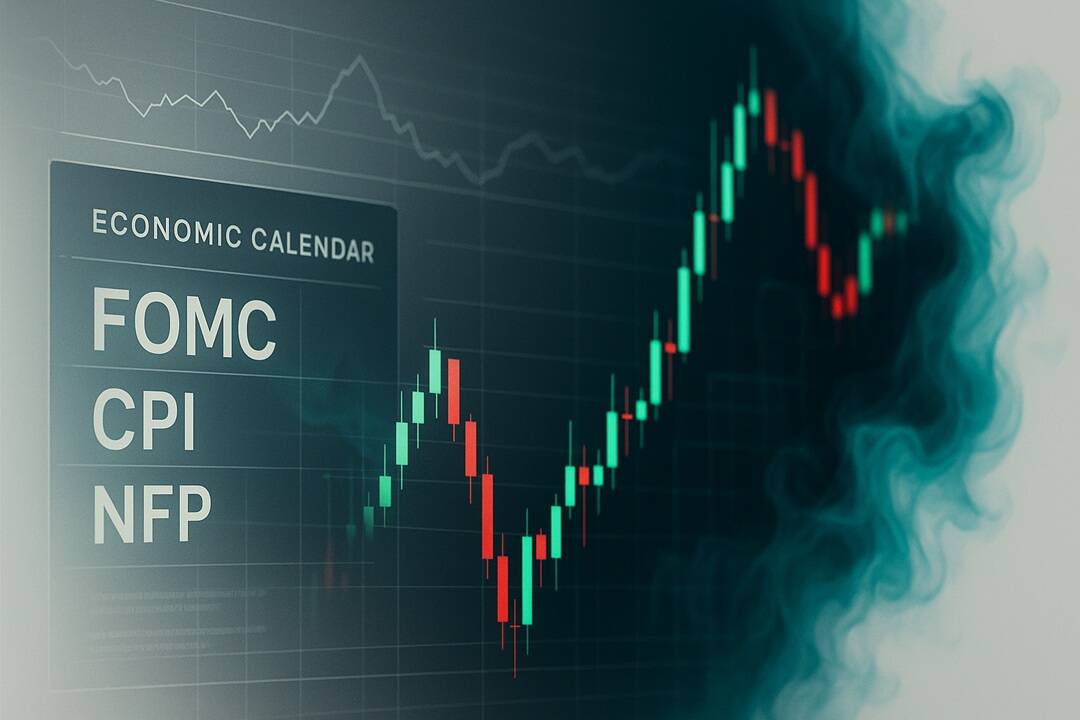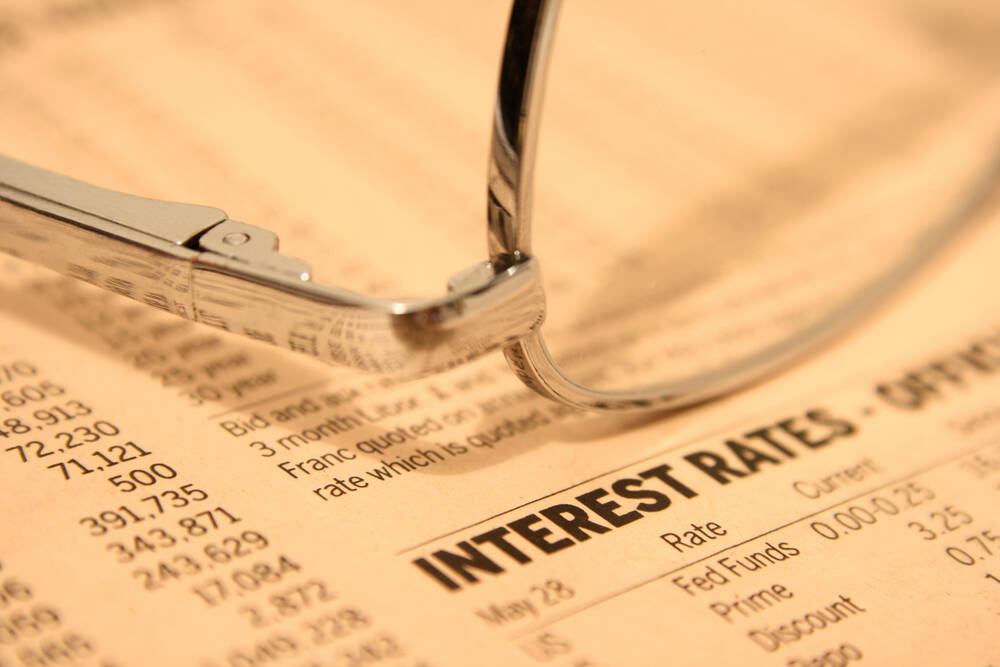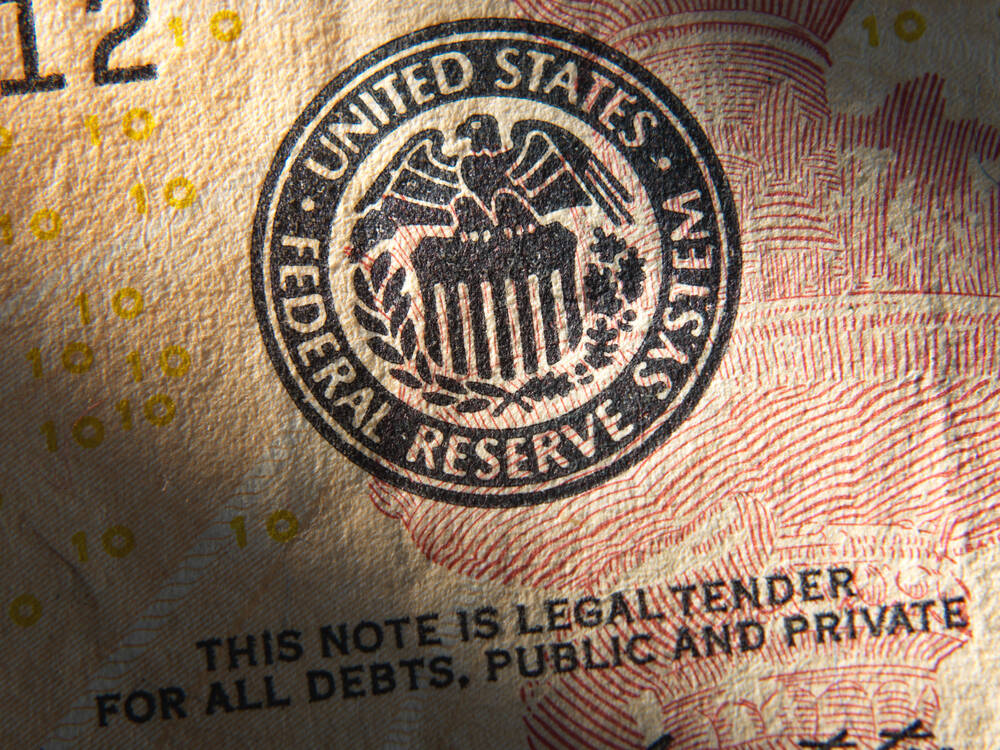Advertisement
Advertisement
Search Indicator:
Choose Country 
Japan Balance of Trade
Last Release
Nov 30, 2025
Actual
322.2
Units In
JPY Billion
Previous
-226.1
Frequency
Monthly
Next Release
Jan 21, 2026
Time to Release
1 Months 3 Days 23 Hours
Highest | Lowest | Average | Date Range | Source |
1,608.68 Sep 2007 | -3,498.6 Jan 2023 | 266.99 JPY Billion | 1963-2025 | N/A |
Between 1980 and 2010 Japan had been recording trade surpluses every year due to rising exports. However, the trade balance swung to deficit in 2011, as the Fukushima nuclear disaster forced the country to increase its purchases of fossil fuels and gas in the wake of weaker yen. The surplus was back in 2016 and 2017, but in 2018 and 2019 Japan's trade balance shifted back into deficit amid persistent trade tensions between the US and China, and sluggish global growth. In 2019, Japan reported the biggest trade surpluses with the US, Hong Kong, South Korea, Taiwan, Singapore and the Netherlands. The biggest trade deficits were recorded with China, Australia, Saudi Arabia, the UAE and Qatar.
Latest Updates
Japan’s trade balance swung to a surplus of JPY 322.2 billion in November 2025 from a deficit of JPY 120.8 billion in the same month a year earlier, easily exceeding market forecasts of a gain of JPY 71.2 billion and marking the first surplus since June. Exports rose 6.1% year-on-year to JPY 9,714.7 billion, marking a third consecutive month of growth and outpacing forecasts of 4.8%. It also indicated the fastest pace of shipments since February, due to solid overseas demand for automobiles and capital goods, firmer exports to the U.S. and parts of Asia, and the yen’s relative weakness, which continued to enhance the price competitiveness of Japanese products abroad. Meanwhile, imports grew 1.3% to JPY 9,392.4 billion, marking a third straight month of expansion but falling short of estimates of 2.5%. The slowdown reflected softer domestic demand, particularly for consumer goods, alongside easing energy prices that curbed the value of fuel imports.
Japan Balance of Trade History
Last 12 readings


